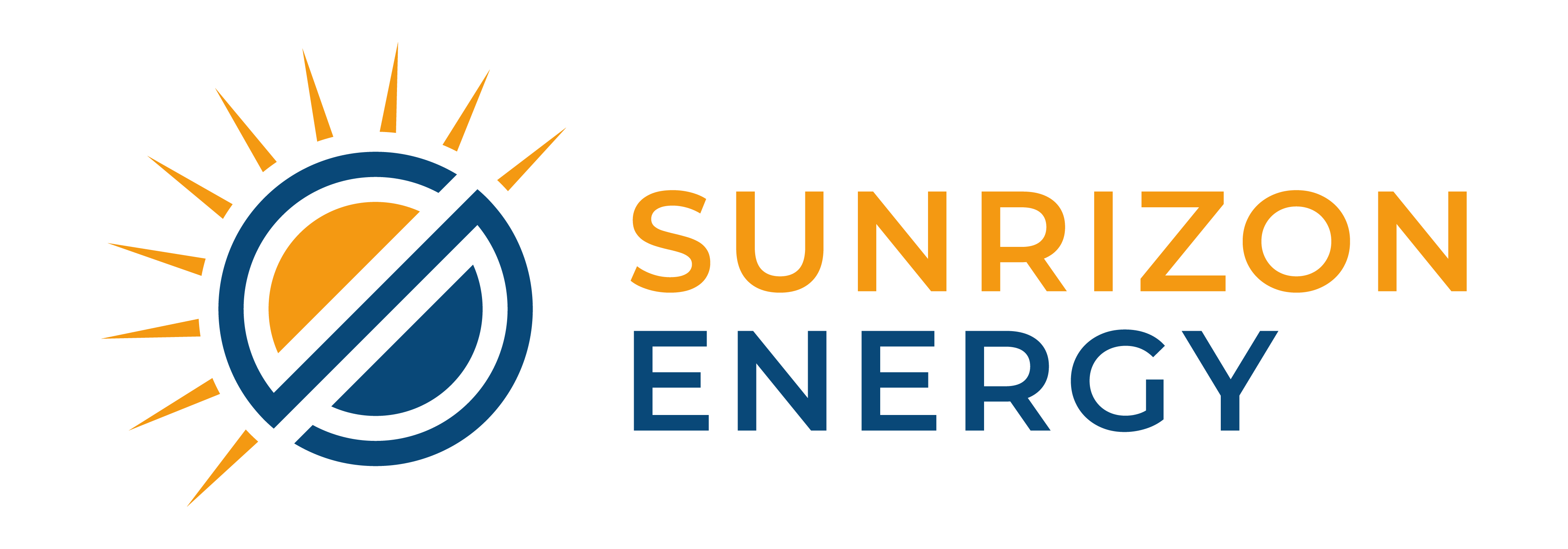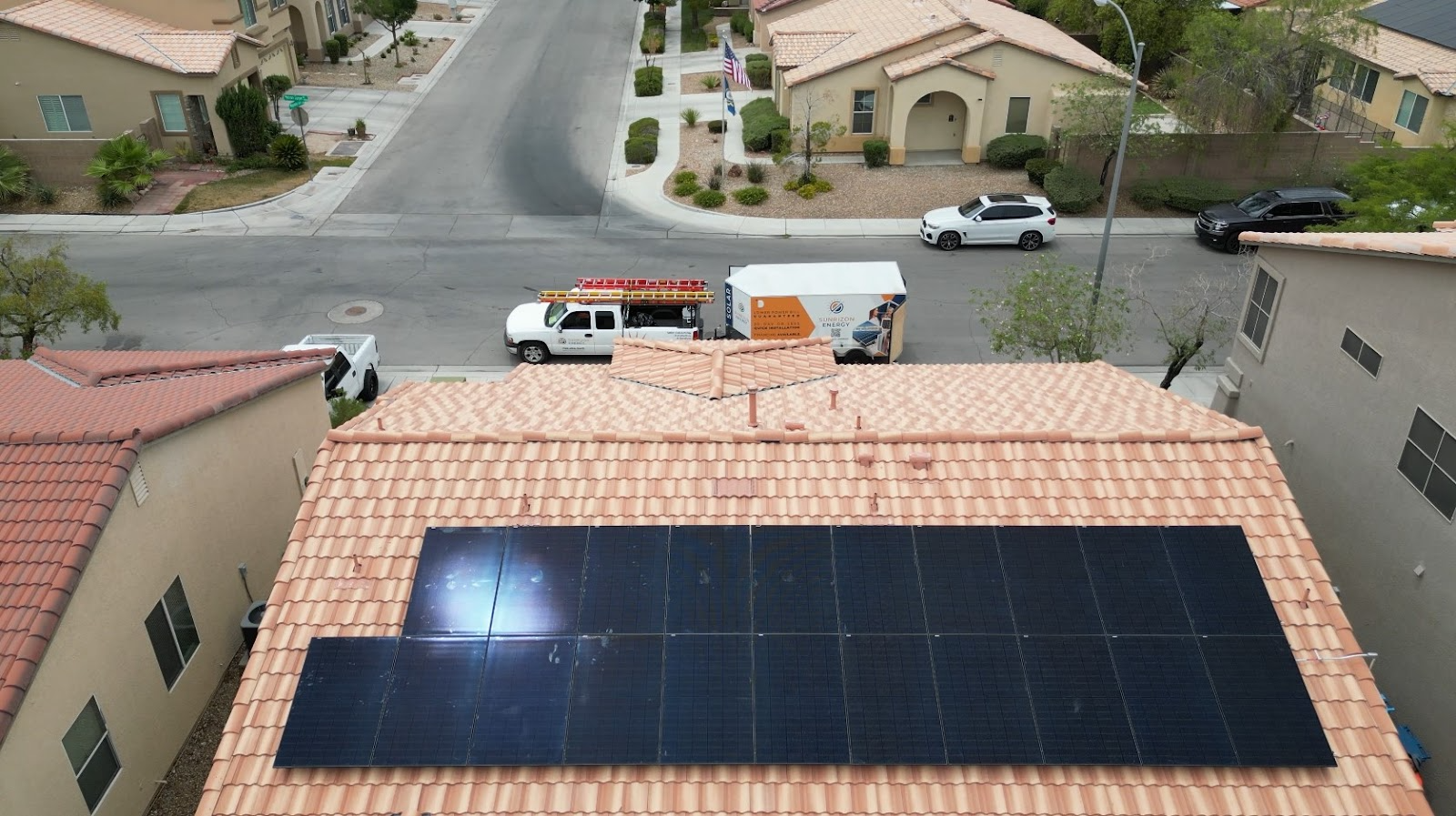The transition to solar energy not only promotes a more sustainable lifestyle, but it can also provide financial benefits, especially through selling excess electricity back to the grid. This blog post explores this lesser-known advantage of going solar, offering a comprehensive overview of how it works, how to get started, and what you can expect in terms of earnings, particularly for residents of Nevada and Texas.
The Basics of Going Solar and Grid Sales
To fully benefit from solar power, it’s essential to understand the fundamentals. Installing solar panels is more than just capturing sunlight; it involves integrating your solar system with your local utility grid. This connection enables you to sell excess energy back through a process called net metering or a solar buyback program.
Before you invest in solar, review your utility provider’s interconnection standards, application procedures, and any permits or insurance requirements. Being prepared ensures a smooth setup and long-term success.
Understanding Net Metering and Solar Buyback Programs
Net metering and solar buyback programs are central to selling electricity back to the grid. Rather than selling power outright, homeowners earn credits or compensation for the surplus electricity their systems send to the grid. These credits can offset future electricity usage when your panels underproduce, such as during the night or on cloudy days.
In Nevada:
-
NV Energy customers receive full retail-rate credits for solar energy sent to the grid, up to their monthly usage. Any surplus beyond that earns 75% of the retail rate.
-
This rate is locked in for 20 years once you enroll.
-
Note: NV Energy has proposed changes that may lower the value of new credits starting October 1, 2025, but current customers will remain grandfathered under existing rates.
In Texas:
-
There is no statewide net metering policy, but many Retail Electric Providers (REPs), municipalities, and electric co-ops offer solar buyback plans.
-
Compensation structures vary: some plans offer retail-rate bill credits, while others pay at wholesale or market rates.
-
Homeowners must install a two-way smart meter and sign an interconnection agreement with their REP to participate.
These systems help balance energy production and consumption, significantly reducing electricity costs.
Financial Implications and Incentives
Selling energy to the grid can reduce your utility bills and may provide modest earnings, depending on your provider and usage. The financial benefits are further enhanced by federal and state incentives, such as the Federal Investment Tax Credit (ITC), which helps reduce the upfront cost of solar installations.
In Nevada, the value of long-term credits makes net metering especially appealing. In Texas, the availability and profitability of solar buyback programs depend on the REP’s compensation structure, so it’s important to compare plans.
Regulatory Landscape
The rules governing solar energy systems and compensation vary by state and utility company:
-
Nevada has a structured, statewide net metering policy under NV Energy.
-
Texas relies on voluntary programs from private electricity providers, with no mandated net metering.
Staying informed about current regulations and proposed changes is crucial to getting the most value from your system.
Making the Most of Your Solar Investment
To enhance the profitability and efficiency of your solar setup, consider the following:
-
System Sizing – A system that matches your energy needs avoids overproduction and maximizes savings.
-
Required Equipment and Permits – Ensure you have all necessary components and approvals for grid interconnection.
-
Production Optimization – Position your panels for optimal sun exposure, and consider local climate patterns and your property’s layout.
Each of these factors plays a critical role in how much you can earn or save by selling energy back to the grid.
Start Your Solar Journey with Sunrizon Energy Solutions
Ready to take control of your energy use and earn savings through solar? Sunrizon Energy Solutions is here to help you every step of the way. Whether you’re in Nevada or Texas, our team will assess your property’s solar potential, guide you through the net metering or solar buyback process, and design a system tailored for maximum performance and value. Contact us today at 725.204.9412 (Nevada) or 832.263.1702 (Texas), or fill out our online form to begin your solar transition with expert support and trusted service.

